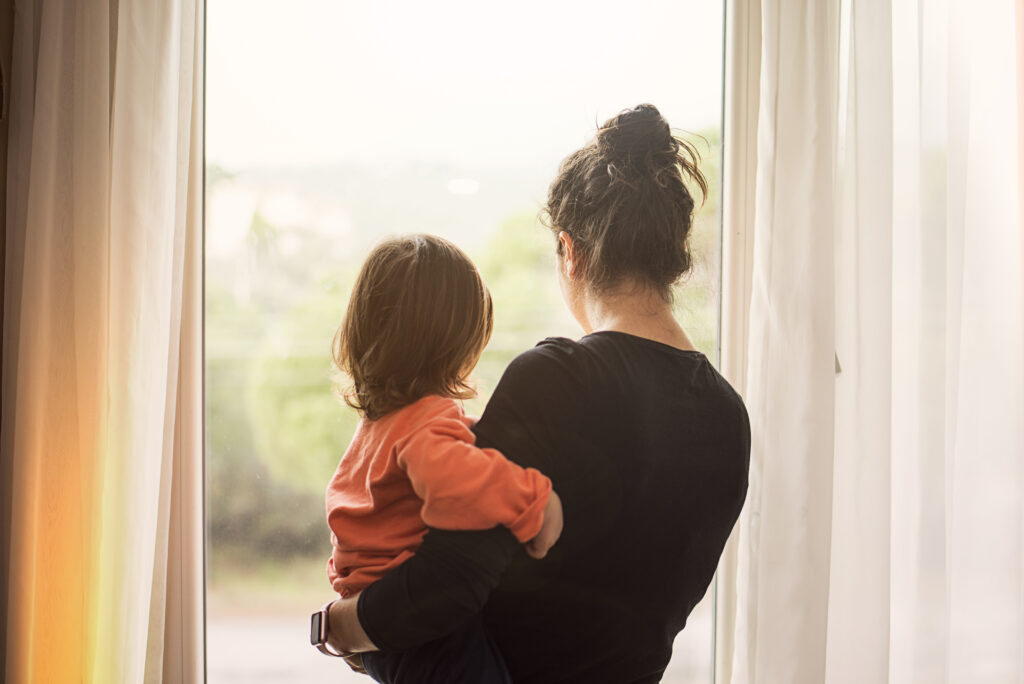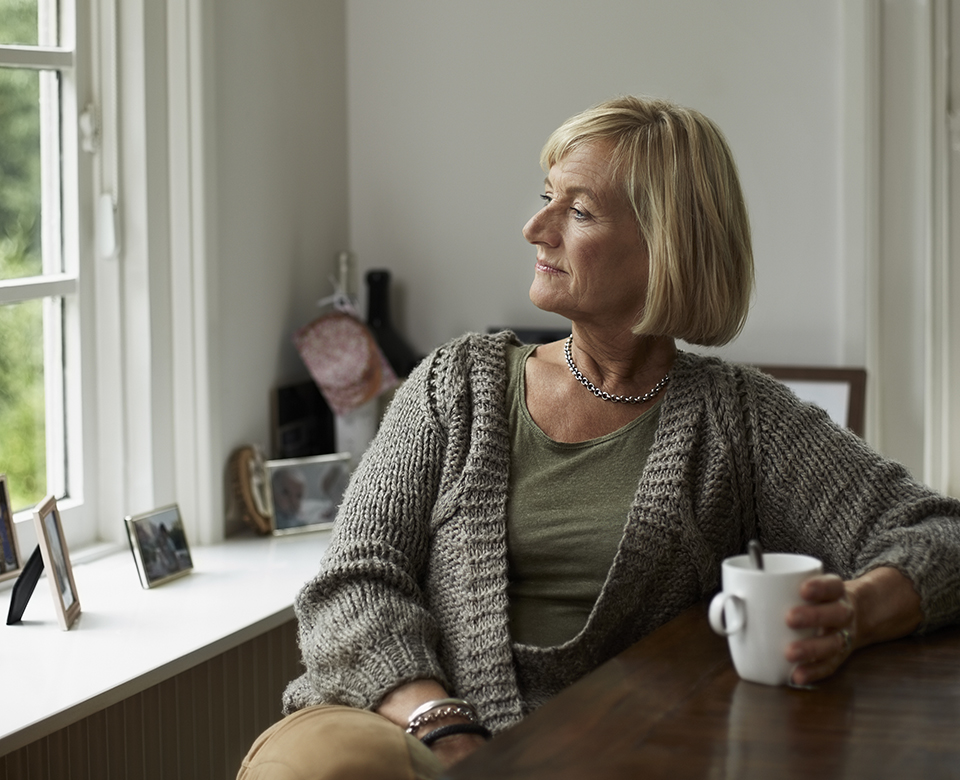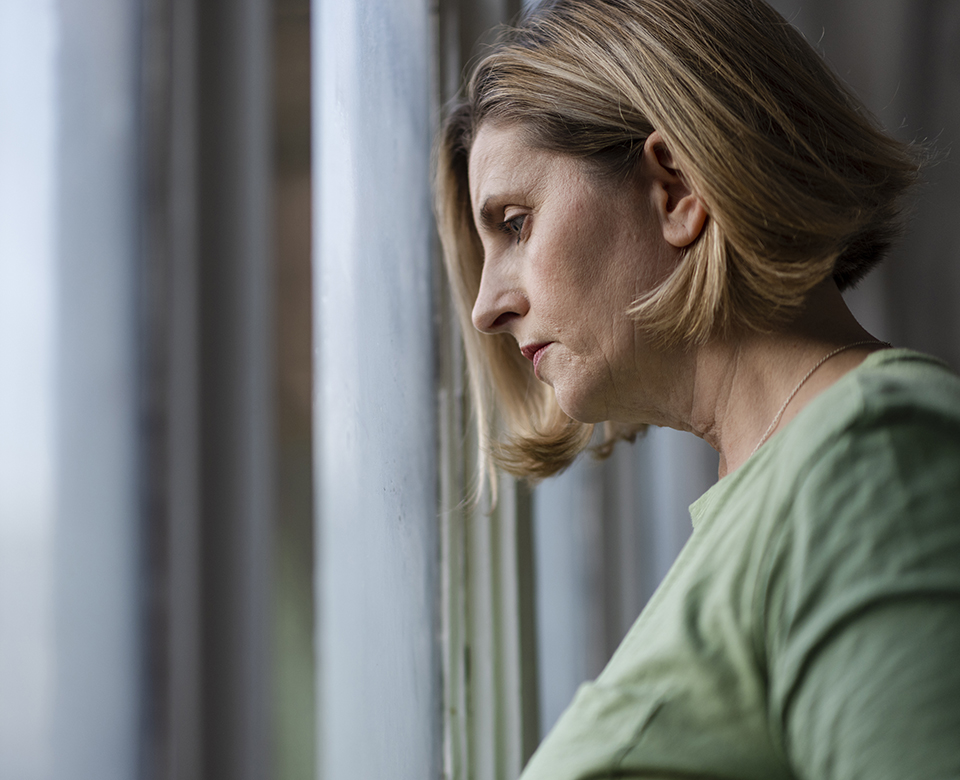One woman in four will experience domestic abuse in her lifetime. Abuse affects all women, regardless of age, education, class, lifestyle or religion; the Jewish community is no different to any other.
Abuse in the Jewish community
Family Values
Judaism's emphasis on family life and values can make it challenging for women to discuss their experiences and seek help. Many women remain silent out of shame, embarrassment, guilt, or fear of not being believed. They often feel isolated, believing no one else has faced such abuse and that it must be their fault.

Shalom bayit
Family and children hold a central place in Judaism, with the home being the heart of our religious practice. Many of our festivals and observances revolve around home and family life, making it especially difficult for women to disclose the domestic abuse they have endured, which starkly contrasts with our religious values.
Jewish law explicitly forbids personal violence and mandates a commitment to shalom bayit, a harmonious and peaceful family life. Jewish men who commit domestic abuse violate shalom bayit and break Jewish law.

It takes Jewish women longer
Evidence suggests that on average women are abused 35 times before they confide in anyone. We now know that it takes Jewish women on average 11.5 years before reaching out for help - this is around two years after the national average.
It can be very difficult for a Jewish woman or child experiencing domestic abuse to tell someone within their community what is happening. And, for many, it is equally impossible to seek help from outside, for fear of bringing shame to their community, or their religion into disrepute, or for fear of inviting antisemitism. This puts Jewish women in an impossible position.
It is vital that our Rabbis, from all parts of the community, understand what domestic abuse is and how it affects the women and children in their congregations. That is why we run regular trainings for Jewish professionals, to help open their eyes to the realities of domestic abuse, and to help them better support their congregants living with domestic abuse.
At JWA we have specially trained staff and counsellors, from the religious community, who are able to offer support for Orthodox women. We also have specially trained and sympathetic Rabbonim and Rebbetzens who can offer rabbinic support. Please call us if you'd like to talk to one of them.

Get help
Being believed, accepted, supported and understood is vital. It brings strength and comfort and is the start of recovery.
If you are suffering from any form of abuse, or someone you know is or may be, contact us now for free, confidential advice and support. You are not alone.